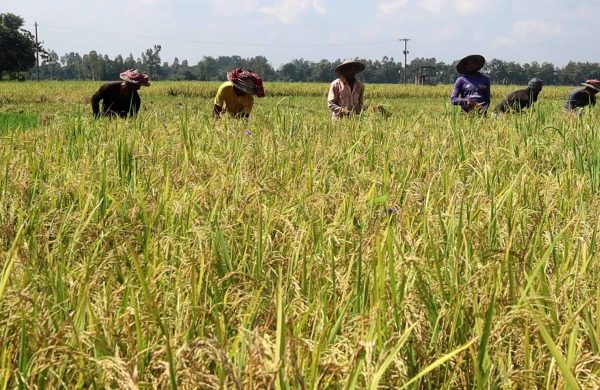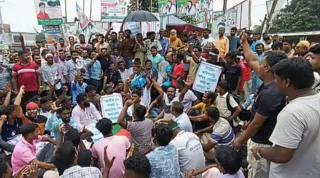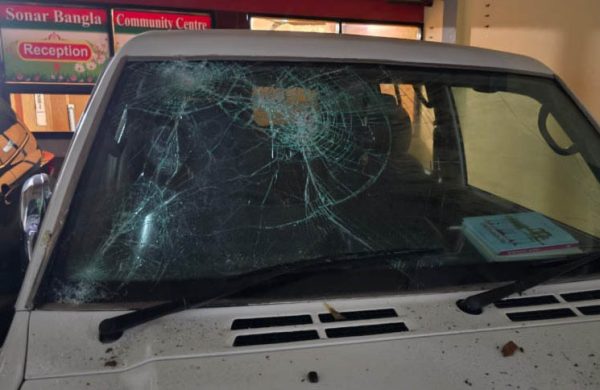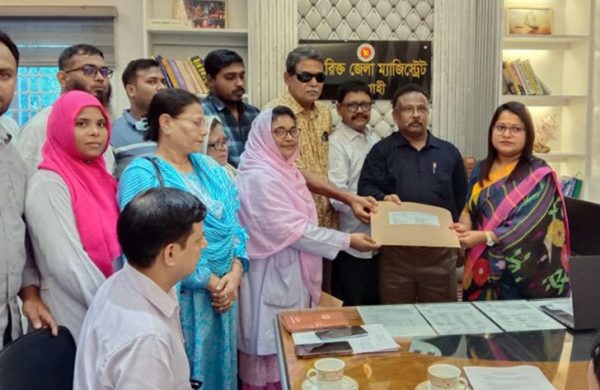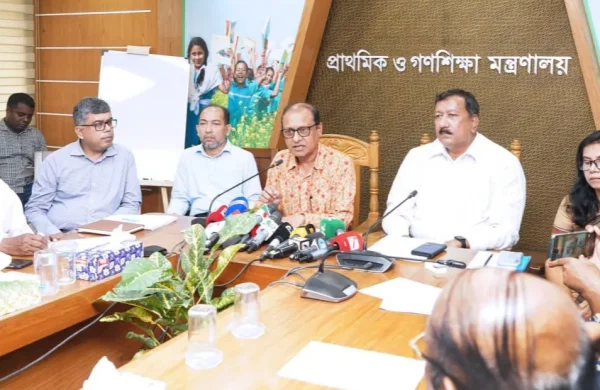Child marriage still rampant in Kurigram’s char areas
- Update Time : Sunday, September 7, 2025
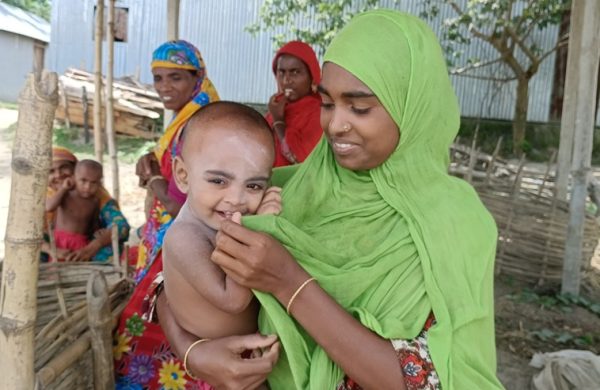
Kurigram Correspondent:
Child marriage continues to rob young girls of their childhood at remote char regions of Kurigram district. On the river islands formed by the Brahmaputra, Dharla and Teesta, the lives of adolescent girls are dictated by poverty, tradition and a lack of awareness.
Instead of playing or attending school, many girls between the ages of 13 and 16 are becoming wives, and soon after, mothers.
While national data suggests a decline in early marriages, ground realities in Kurigram tell a different story.
In 2017, child marriage rate in the district stood at 65 percent. By late 2019, it had dropped to 46.8 percent and reported monthly cases fell from 94 in 2019 to 36 in 2020.
Yet in many char communities, the practice remains deeply entrenched, driven by desperation and social pressure.
Families displaced by floods or affected by river erosion often see early marriage as a solution. With little access to education or stable income, parents marry off their daughters early to reduce the burden.
For many boys too, adolescence ends early as they are forced to shoulder adult responsibilities.
Abdus Salam, a farmer from Boilmundiar Khata at Chilmari, sees no reason to delay his 14-year-old daughter’s marriage. “She studied till class five. How much more does a girl need to study?” he asks, already searching for a groom.
Pakhi (not her real name), now just 17, is the mother of two children. “I wasn’t of legal age when I got married,” she says. “My father changed the date on my birth certificate so the marriage could happen. My older child is three. The younger one is only six months.”
In many cases, families deliberately falsify birth certificates to bypass the legal age restriction.
Fulmati Begum of Bogurapara Char admits she did the same for her daughter, but the consequences have been painful. “My daughter was constantly harassed by her in-laws. She’s back at our house now, with two children. She’s so underfed she has sores on her skin.”
Others share similar stories. Shaheda Begum from Rajibpur Char said her daughter fell seriously ill after childbirth. “Her in-laws didn’t provide any treatment. When she returned home, we had to spend Tk 4,000 just to get her basic medical care.”
The health risks are undeniable. Kurigram’s Civil Surgeon, Dr. Swapan Kumar, says early pregnancy significantly increases the chances of maternal and infant mortality. “These girls face serious health risks—malnutrition, childbirth complications and long-term physical damage.”
Education is another casualty. According to Hamida Akhter Hena, a field officer from Lighthouse NGO, many girls are forced to leave school before completing secondary education. “They’re pulled out of school and married off, which reduces the literacy rate and narrows their future.”
Authorities say they are taking steps. Deputy Commissioner (DC) of Kurigram, Nusrat Sultana, said that mobile courts are regularly deployed to prevent child marriage. But enforcing the law in isolated, flood-prone char areas remains a challenge.
Adding to the difficulty, local Department of Women Affairs has no updated data. Its Deputy Director, Soheli Parveen, confirmed they rely on NGOs for information, citing a lack of manpower to collect data themselves.
Kurigram journalist Tuhin Zaman believes the consequences go far beyond individual families. “Early motherhood raises both health risks and infant mortality. These girls lose their access to education and that keeps families trapped in poverty. It’s a vicious cycle.”
Local fathers like Selim Mia say they simply have no choice. “We can’t afford to educate our daughters. If they get too old, it’s hard to find a groom. So we marry them off early, even if it brings problems later.”
Without greater awareness and stricter enforcement of law, the cycle is unlikely to break.
Community leaders, government officials and NGOs all acknowledge that the fight against child marriage cannot be won by legal action alone. It requires deep social change, education and long-term support.


